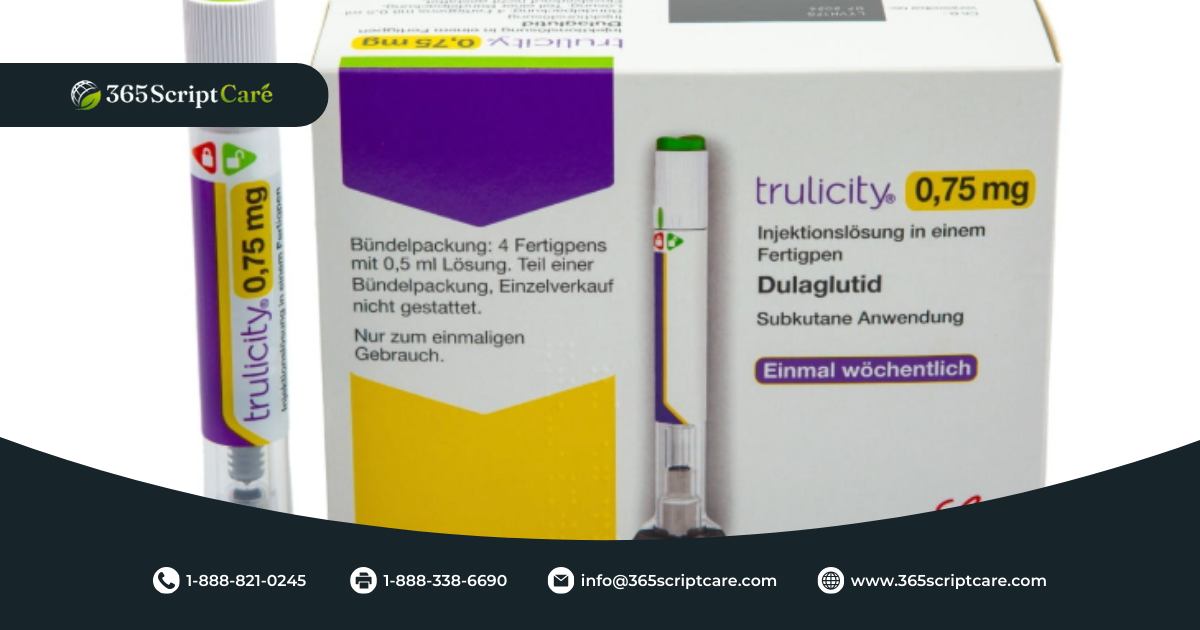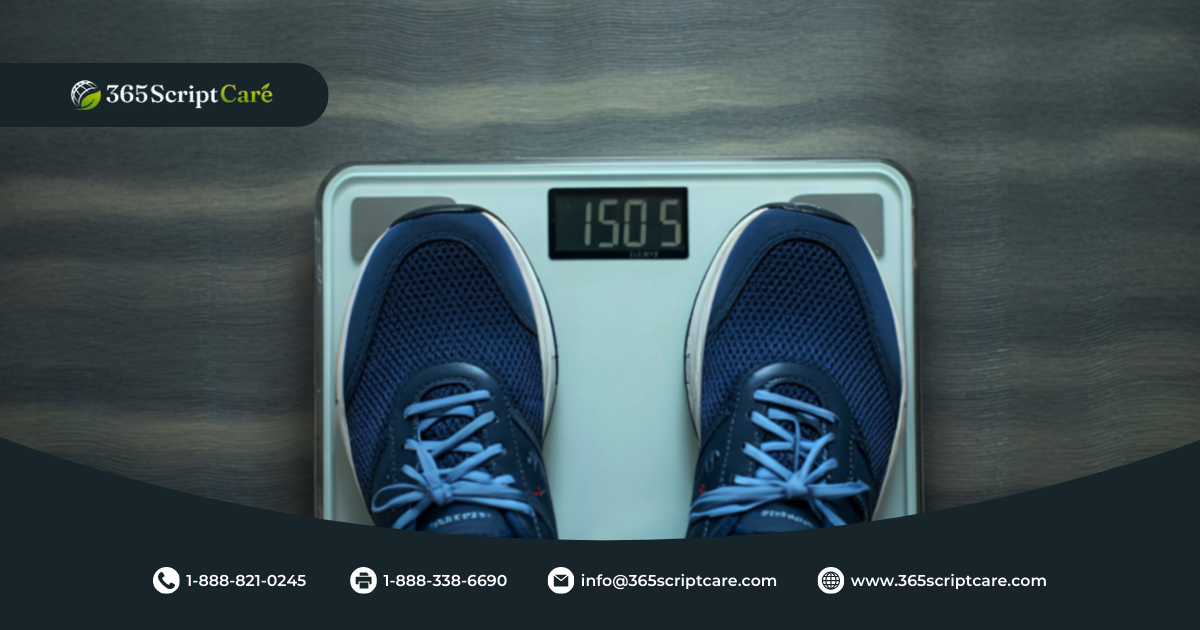High cholesterol has become a growing health concern worldwide, affecting millions of people and posing significant risks to heart health. Understanding the causes, impacts, and ways to manage high cholesterol is crucial in promoting overall well-being and reducing the risk of heart-related diseases. In this article, we will delve into the depths of high cholesterol, exploring its origins, its effects on health, and practical steps to combat it.
What is Cholesterol?
Cholesterol is a waxy substance produced by the liver and found in certain foods. It plays a vital role in our body’s functioning, assisting in the production of hormones, vitamin D, and substances that aid digestion. There are two main types of cholesterol: low-density lipoprotein (LDL) and high-density lipoprotein (HDL). LDL cholesterol is often referred to as “bad cholesterol” because high levels can lead to a buildup of plaque in the arteries. On the other hand, HDL cholesterol is known as “good cholesterol” as it helps remove LDL cholesterol from the bloodstream.
Causes of High Cholesterol
Several factors contribute to high cholesterol levels. Unhealthy dietary habits, such as consuming high levels of saturated and trans fats, can significantly impact cholesterol levels. Lack of physical activity is another major factor that can lead to high cholesterol. Genetics and family history also play a role, as some individuals may have a genetic predisposition to higher cholesterol levels. Additionally, being overweight or obese can contribute to elevated cholesterol levels in the blood.
The Impact of High Cholesterol on Health
High cholesterol can have severe consequences for cardiovascular health. Atherosclerosis, a condition where plaque builds up in the arteries, can restrict blood flow to the heart and other organs, leading to heart disease and potential heart attacks. Cholesterol deposits can also block blood flow to the brain, resulting in a stroke. Moreover, high cholesterol can increase the risk of peripheral artery disease (PAD) and even lead to pancreatitis in some cases.

Diagnosis of High Cholesterol
Diagnosing high cholesterol involves a simple blood test that measures cholesterol levels. The results will help identify whether LDL cholesterol, HDL cholesterol, and triglycerides are within healthy ranges. Additionally, other risk factors, such as age, family history, and lifestyle choices, are taken into account to assess overall cardiovascular risk.
Side Effects of High Cholesterol
Having high cholesterol levels can lead to several health complications and increase the risk of developing various cardiovascular diseases. It can cause atherosclerosis, where fatty deposits accumulate on artery walls, leading to reduced blood flow to vital organs, like the heart and brain, resulting in heart disease and stroke. Additionally, high cholesterol can lead to peripheral artery disease, hypertension, pancreatitis, xanthomas, gallstones, and nonalcoholic fatty liver disease. Men may also experience erectile dysfunction due to reduced blood flow. Managing cholesterol through lifestyle changes and medication, if needed, is crucial in preventing these serious health issues. Regular check-ups and cholesterol screenings are essential for early detection and intervention.
Prevention and Lifestyle Changes
Preventing high cholesterol and maintaining a healthy heart involves adopting a heart-healthy lifestyle. Emphasizing a balanced diet rich in fruits, vegetables, whole grains, and lean proteins while limiting saturated and trans fats is essential. Regular physical activity, such as brisk walking, cycling, or swimming, can significantly improve cholesterol levels and overall cardiovascular health. Maintaining a healthy weight, avoiding smoking, and moderating alcohol consumption are additional crucial lifestyle changes.
Medical Treatments and Medications
In cases where lifestyle changes alone are insufficient, medical treatments and medications can help manage high cholesterol. Statins are the most common cholesterol-lowering drugs prescribed by healthcare professionals. They work by reducing the liver’s production of cholesterol. Other medications, such as bile acid sequestrants and cholesterol absorption inhibitors, may be prescribed in specific situations. However, it is essential to be aware of potential side effects and interact.

Conclusion
In conclusion, high cholesterol is a serious health condition that demands attention and proactive measures. Understanding the impact of cholesterol on heart health, identifying its causes, and recognizing its effects are crucial steps toward prevention and management. By adopting a heart-healthy lifestyle, making dietary changes, engaging in regular physical activity, and following medical advice when necessary, individuals can take control of their cholesterol levels and promote a healthier future. Take charge of your cholesterol with 365 Script Care’s wide selection of effective medications. Trust in our quality medications and expert guidance for a healthier tomorrow.




